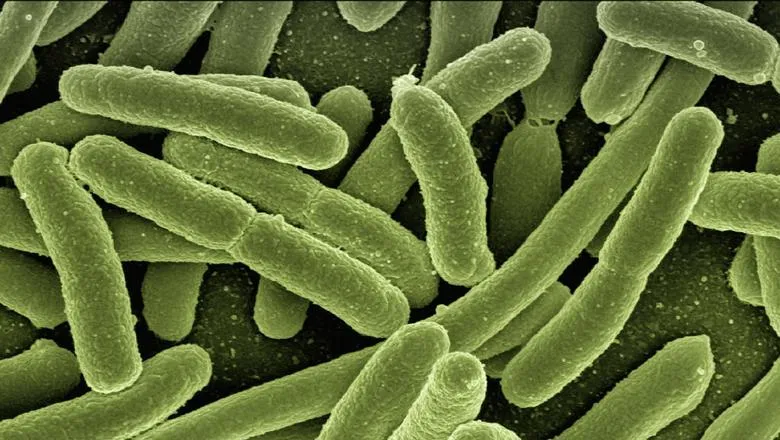We know that fat that sits around the organs in the abdomen is harmful and can lead to heart disease and cancer. Our research shows that gut bacteria play a key role in fat accumulation. We hope our findings will lead to more effective weight-loss strategies.
Dr Caroline Le Roy, lead author, Department of Twin Research & Genetic Epidemiology
08 July 2019
Study suggests bacteria in the gut has a greater influence on body fat compared to diet
Research shows that the gut microbiota affects a person’s visceral fat mass regardless of dietary intake.

Obesity is considered an ever-growing global health challenge with 12.5% of the worldwide population considered obese compared to 5% in 1975. This drastic increase is a result of diet and lifestyle habits changing and is having direct and detrimental impacts on human health.
A person is considered obese if they have a body mass index (BMI) over 30. However, BMI is an imprecise measure of obesity because it does not differentiate between different types of fat or lean mass that both exert effects on human health.
It is the accumulation of abdominal fat, and specifically deep visceral fat mass (VFM) in the abdominal cavity, that has the most detrimental consequences on health. VFM accumulation is a major risk factor for cardiovascular and metabolic disease and cancer.
A poor diet and sedentary lifestyle can increase a person’s VFM and BMI leading to poor health outcomes.
The human gut is home to trillions of bacteria forming a complex ecosystem, called the microbiota and a person’s diet can influence the composition of this. Changing dietary habits and the corresponding shifts in the gut microbiota are contributors to the growing obesity pandemic.
It is suggested that influencing the gut microbiota, could improve a person’s metabolism. However, to date, it has proven difficult to separate the effects of diet and gut microbiota on a person’s weight and metabolism, as the two are closely linked.
In recently published research scientists from the School of Life Course Sciences aimed to understand the role of gut bacteria in VFM accumulation, and how it relates to diet to better understand the relative contributions towards obesity.
The team analysed stool samples from 1,760 female twins with an average age of 68, to check which bacteria were present in the gut and looked at self-reported diet questionnaires in the twins.
They found that both diet nutrients and gut bacteria affect VFM. The role of certain nutrients on VFM accumulation depends on the presence of gut bacteria, but specific gut microbes may affect fat accumulation regardless of diet. This means that targeting a change in gut bacteria may be an effective strategy to reduce VFM.
Although the results show a link between certain nutrients, gut bacteria and VFM, this does not prove causal relationships. The next steps in the research are to carry out animal studies and human trials to see whether certain nutrients/gut bacteria caused VFM accumulation.
I’d like to thank our twins who so generously give up their time and samples to make this research possible. It’s because of them that we’re beginning to unravel the relationships between food, gut bacteria and abdominal fat.
Dr Jordana Bell, Department of Twin Research & Genetic Epidemiology.

